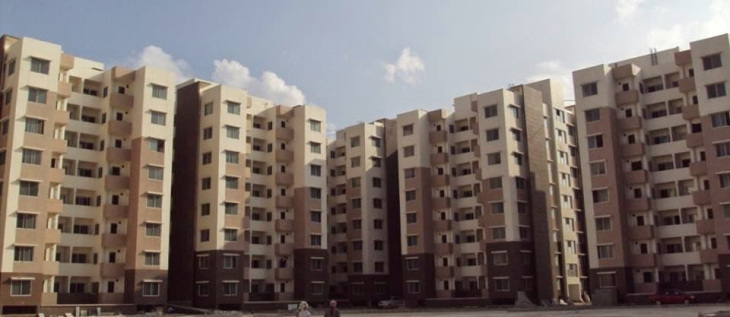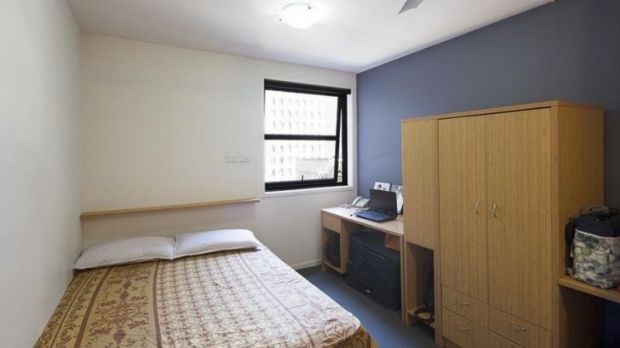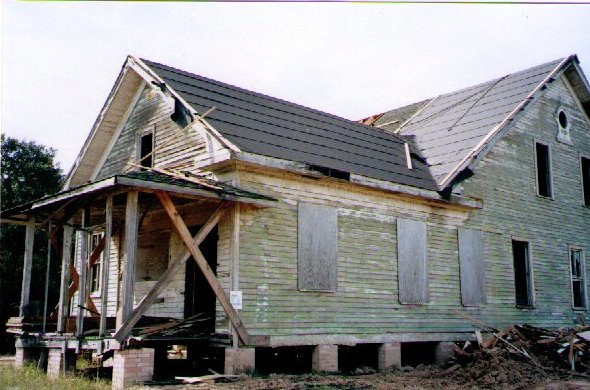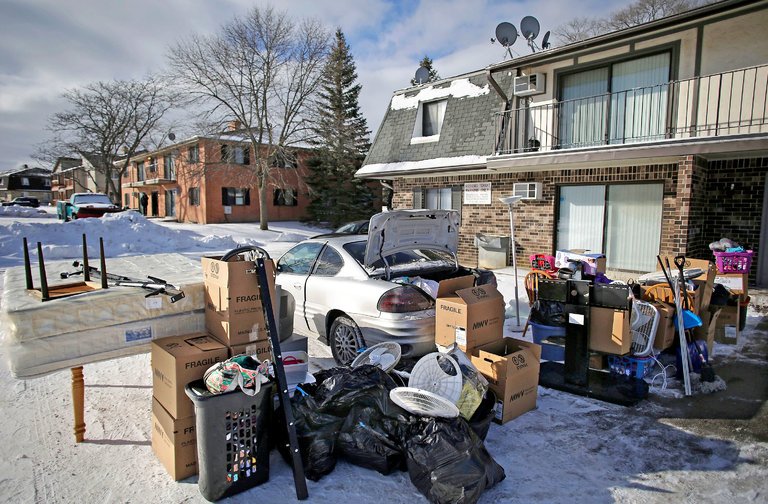When relocating the system of management of the city economy on a market basis, the municipal government, on the instructions of the Government, made an inventory of living quarters. The census covered the area allocated to local authorities: consisting of federal property, departmental at enterprises and the city. As a result of the accounting, a specialized housing fund was formed, which is used to resolve priority social problems, which the population has enough.

Specialized Housing Fund
The maneuverable housing fund is specialized premises. Specialized housing - this is the area, the transfer procedure for use of which differs from ordinary apartments, transferred under the social security agreement. The following are considered as special rooms:
- service areas;
- dormitories;
- maneuverable housing stock (provided for the time, for example, to citizens whose houses are undergoing major repairs);
- temporary fund (for internally displaced persons, refugees);
- Housing system of social services (nursing homes, hospices).
Common types of special housing
The most well-known types of special rooms are dormitories and office apartments.
Hostel - This is a specialized area that is transferred for short-term living during work, service, study at an accounting value of 6 square meters per person. Upon completion of work, services, studies, citizens vacate the premises.

Office housing allocated to citizens due to the nature of their work in the form of individual apartments. The termination of a working relationship with the landlord is the reason for terminating the tenancy agreement, which makes tenants obligated to vacate the office.

Special housing is classified as a maneuvering fund (MF), created by decision of the governing body of local authorities. The maneuverable housing fund is the rooms of multi-storey buildings, individual apartments and buildings. MF areas should not be leased or rented. According to the decision of local authorities, the premises are taken in the appropriate way, registered in cadastral and inventory institutions, in addition, the apartments must meet sanitary standards for living.
To whom apartments from the MF are provided
People who are left without a house can take advantage of the opportunity to provide housing from a maneuvering fund for the following reasons: the premises are located in the house in which they are undergoing major reconstruction, the only apartment was deprived by court order to collect debts, the house does not fulfill the role of housing due to an emergency. The city authorities specify and expand the list of conditions allowing the population to use apartments from the Ministry of Finance. MF residential premises are transferred at the rate of at least six square meters. square meters per person.
List of citizens eligible for apartments from the MoF
The following categories of people have the right to housing from a maneuvering fund in a municipality:
- citizens in connection with a major overhaul or reconstruction of the housing in which the apartment occupied by the social security agreement is located;
- Citizens who have lost their housing as a result of foreclosure on a given area acquired at the expense of a loan or special-purpose loan and if the apartment is the only one for the period of collection;
- citizens whose apartment has become unsuitable for living as a result of emergency factors;
- other citizens in episodes prescribed by law.

The procedure for providing MF apartments for hire
Direct establishment of the allocation of housing maneuvering fund in the municipality entrusted to local authorities.In most cities, the allocation of premises from the Ministry of Finance is in charge of the same housing commissions of municipalities in charge of the provision of apartments.
- Firstly, they submit an application with attached copies of documents on citizenship, marriage, property ownership by family members, the right to reside in housing that has become unfit for use. Among the documents required for submission are: birth, marriage and divorce certificates, extract from the home book, copy of the registration certificate, certificate of purchase.
- Secondly, the decisions of the housing commission are awaiting. The refusal of the city authorities to provide housing from a maneuvering municipal fund to distressed people is made out in writing with a list of reasons. Unreasonable refusal is disputed in court. If housing has been allocated, a citizen has the right to request a certificate of the condition of the provided apartment, the status with which it is recorded in the Cadastre, and information on legal affiliation.
- Conclude a contract of employment. The standard footage of the premises is at least six square meters per person. Housing is used for a fee, the amount of payment is limited by law and does not exceed the municipal tariff. The contract is concluded until the situation is resolved, forcing people to move to the apartment from the Ministry of Finance (major repairs of the premises have been completed, payments on loans and borrowings have been made; the housing on which the recovery has been made has been paid; compensation has been paid for the destroyed premises or another has been allocated).
How to transfer houses to the MF
The maneuverable housing fund is not an independent type of housing fund defined by law, and MF apartments are classified as specialized housing funds. Therefore, in addition to the special rules of the RF LC, formulating the purpose of the Ministry of Finance, the general rules regarding the premises of a specialized housing fund also apply to this type of house.

A maneuverable housing fund is premises allocated for short-term residence of people in connection with the overhaul of the houses they occupy under a lease or rental agreement. They must meet sanitary standards, fire and technical conditions. Houses from the MoF are allocated to citizens by the landlord or landlord of the property, which is subject to major repairs, which cannot be done without moving the people living in it. The transfer of housing to a maneuvering fund takes place by decision of the owner of the housing fund or attorney.
People living in the premises of the Ministry of Finance pay for the used apartment and utilities, if such payment is not made for the restored house. The use of allocated housing ends after the overhaul of the repaired building, in which the area of residence is located, is the object of an agreement on social or commercial employment.
Eviction from the premises of the Ministry of Finance

At the request of the employer, eviction can be at any time - for this he terminates the employment agreement. The owner of the house terminates the agreement if the tenant has violated the clauses of the contract of employment. Forced evictions are also committed by court order. They cannot evict: employees of the Armed Forces, the Ministry of Emergencies and law enforcement agencies; pensioners, disabled people of group III, who became disabled due to an oversight of the employer, other categories. At the end of the contract, its terms become null and void.
Refusal of the housing owner to provide premises from the Ministry of Finance
Resettlement from dilapidated houses of owners is currently one of the first tasks in the housing area of the government. This is due to various reasons, but the main thing is to prevent the problem immediately than the further expenditure of funds for the restoration of the ruins.
But not in all houses the necessary amount is accumulated for the repair of housing. And gradually, housing deteriorates and no longer meets operational standards. The owner applies to the housing commission with a statement on the recognition of the apartment as unsuitable for living. The commission decides on the unsuitability of the house and the resettlement of residents.

Based on this decision, the following actions are performed:
- Payment of redemption value.
- Allocation of other residential premises by social security agreement.
- Allocation of equal value of the premises, if the owner is evicted.
Article 32 of the Housing Code stipulates a situation when the owner is paid the redemption value upon eviction, that is, the owner has a legal basis to abandon the housing of a maneuvering fund. The redemption value includes the market price of the apartment plus the damage incurred by the owner during the move, registration of title documents, as well as lost profits.
In each individual episode, the allocation of residential meters takes into account the degree of comfort: what goes for living in rural areas is not suitable for housing for a city dweller.